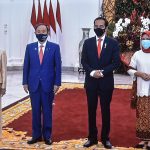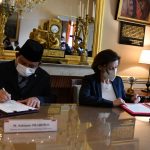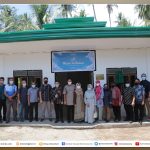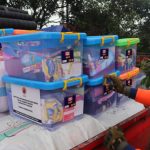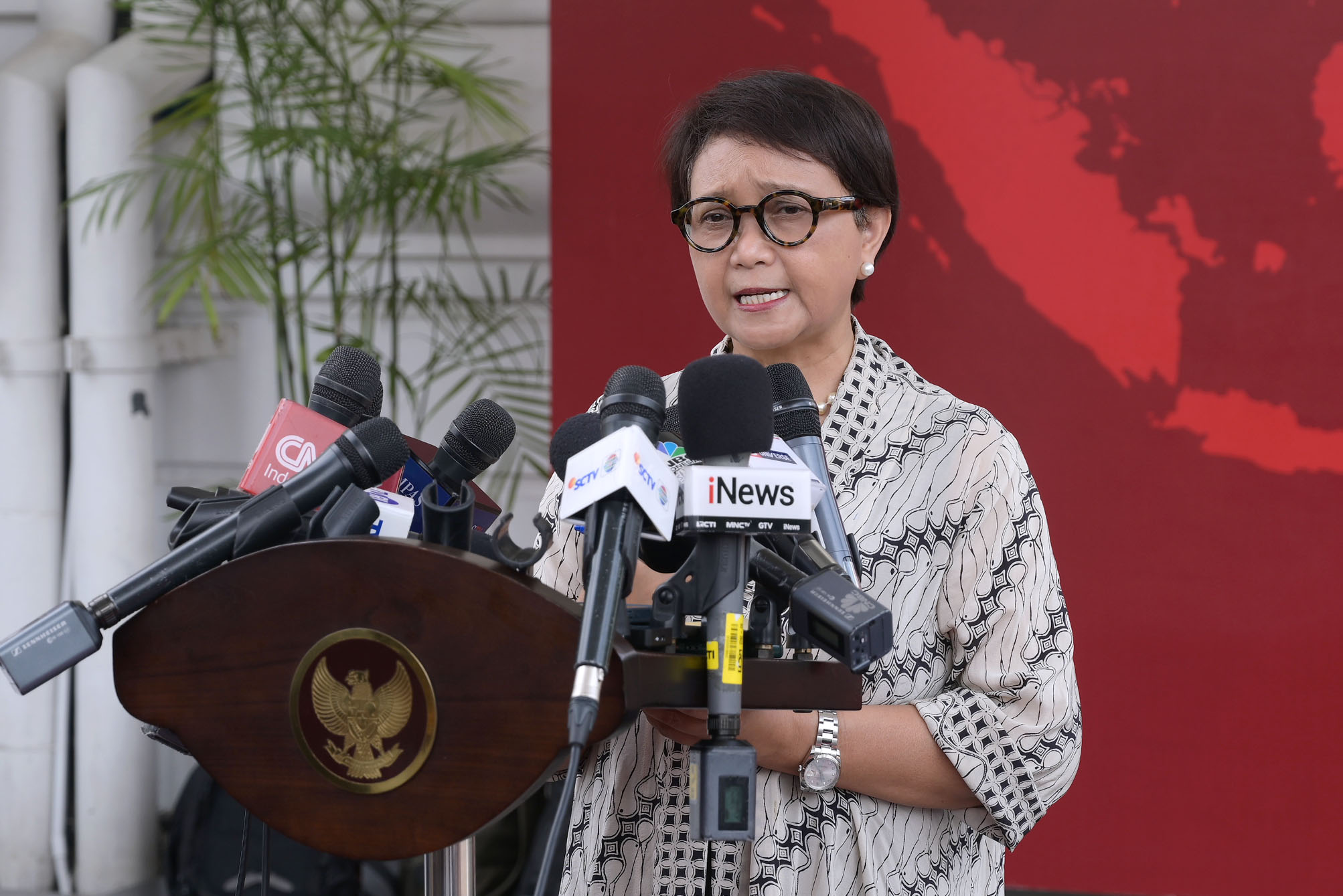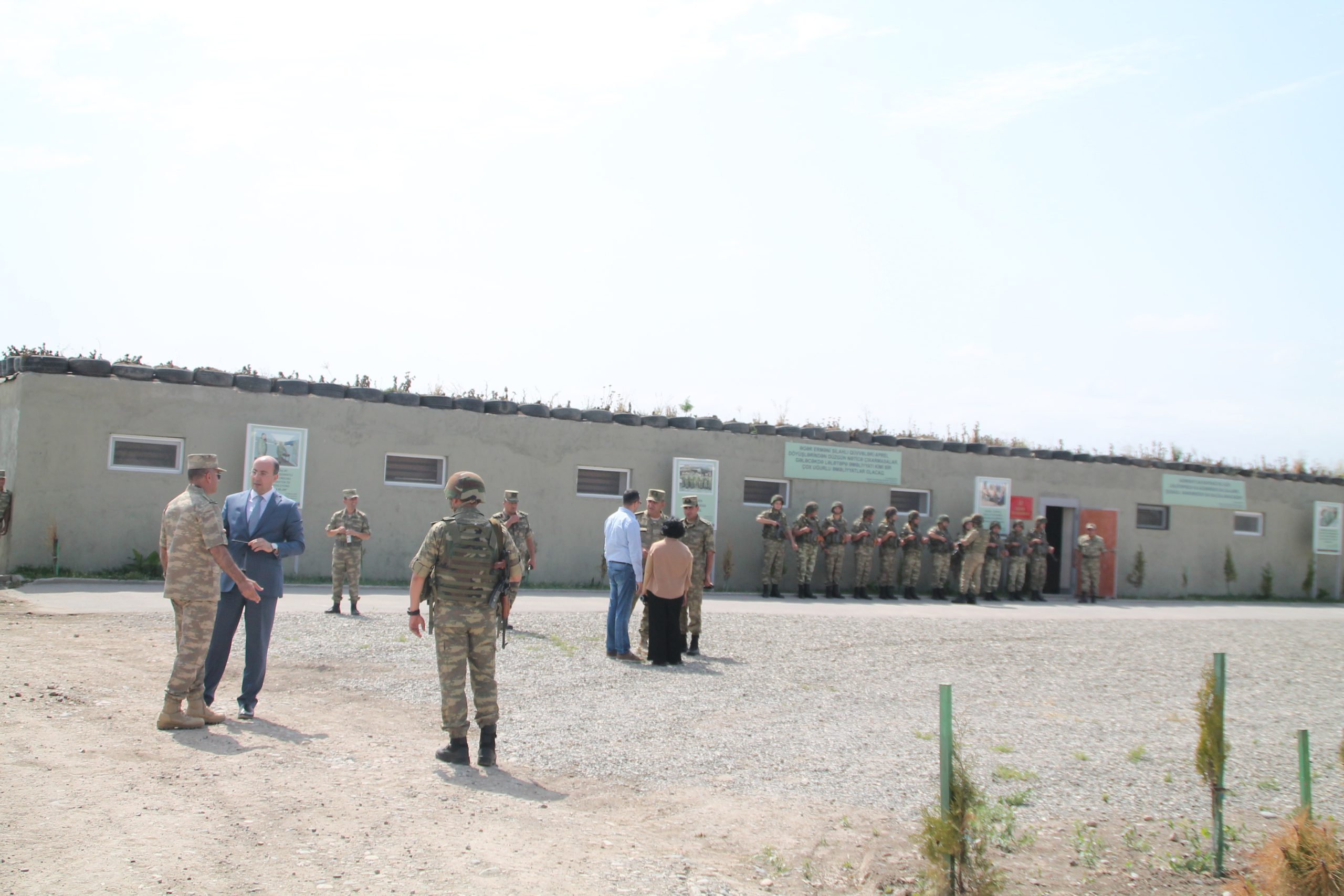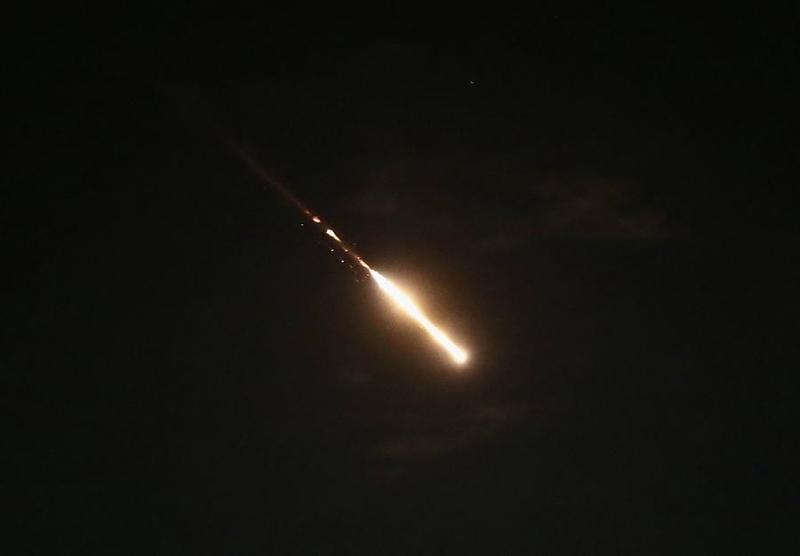COVID-19 – World Bank distributes 157 bln USD to tackle pandemic
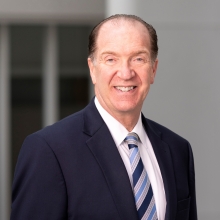
Jakarta (Indonesia Window) – World Bank’s President David Malpass has stated that the organization has disbursed funds of up to 157 billion U.S. dollars to deal with the COVID-19 pandemic, especially for developing countries.
“The World Bank (disbursed) 157 billion U.S. dollars for COVID-19. This is unprecedented. It (the fund) is the fastest and largest growth in our history,” he said at a meeting of the G20 Indonesia Presidency here on Thursday (Feb. 17).
Malpass said the funds were used to help countries evaluate health capacity gaps, finance health systems, secure vaccines and provide vaccinations for the poorest countries.
He said, World Bank’s financing until last week had helped 67 countries to buy more than half a billion doses of vaccines and strengthen health systems.
Strengthening the health system includes trainings, public awareness raising, campaigns, logistics deliveries, as well as syringes and testing packages provision.
“Preparedness and development for the future are at the World Bank’s main mission through comprehensive health projects,” he said, noting that the World Bank is working to strengthen health systems in more than 100 countries with an active portfolio worth a total of 30 billion dollars.
In addition, the International Finance Corporation (IFC) is actively helping expand vaccine production in emerging markets, particularly in Africa and providing much-needed equipment and supplies, including vaccines and protective equipment, through a global health platform worth 4 billion dollars.
The World Bank has also worked closely with international and regional partners such as UNICEF, WHO, Gavi and Covax (a global mechanism for vaccine access), the African Union, and PAHO (Pan American Health Organization).
Malpass said the World Bank was working with African countries, regional groups and agencies to strengthen disease surveillance, early warning systems, laboratory testing capacity and human resource development.
One of the collaborations with Africa is to improve a regional disease surveillance system that supports 16 countries in Central Africa funded by the International Development Association (IDA) and the International Bank for Reconstruction and Development (IBRD).
“We also support the African Center for Disease Control and Prevention (Africa CDC) which was created after the Ebola crisis,” Malpass said.
Reporting by Indonesia Window
.jpg)
